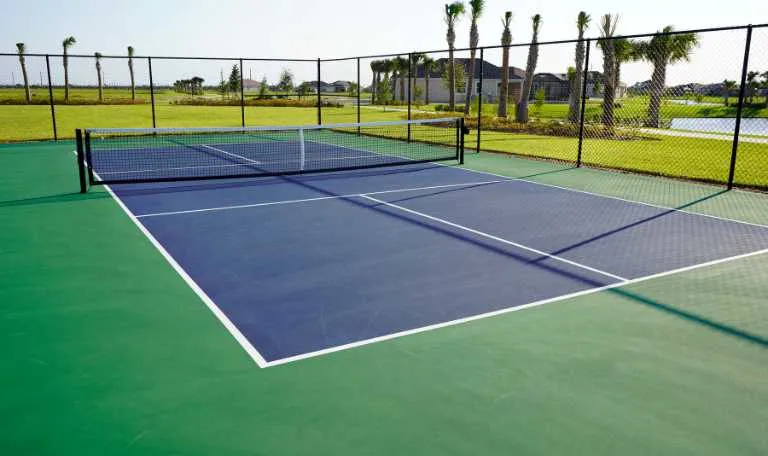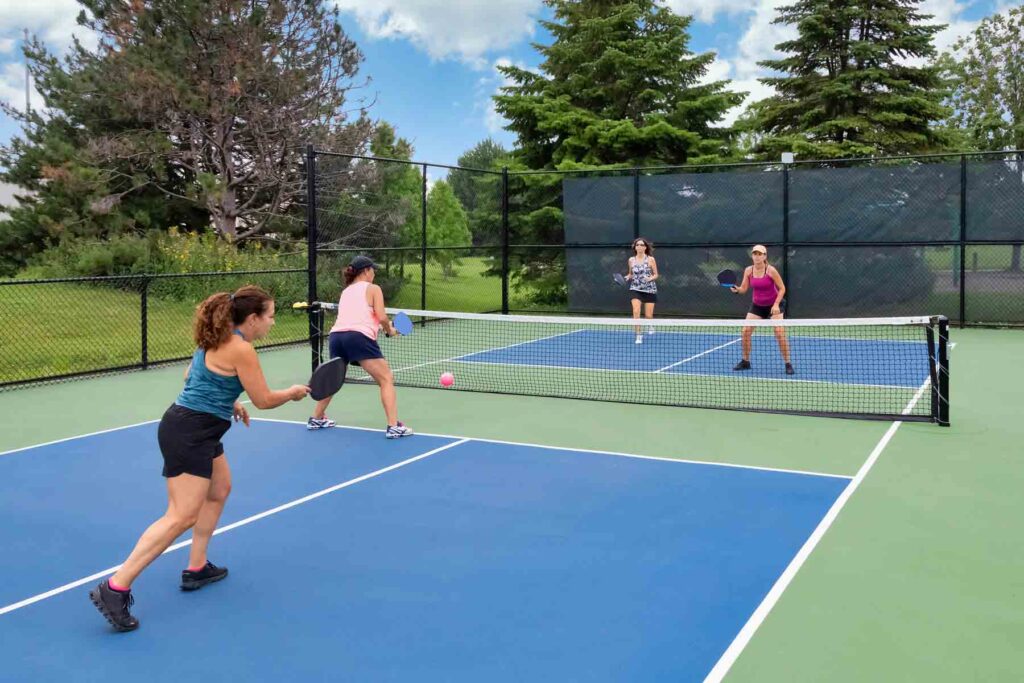Physical Address
304 North Cardinal St.
Dorchester Center, MA 02124
Physical Address
304 North Cardinal St.
Dorchester Center, MA 02124

So, you’ve heard all the buzz about pickleball and decided to give it a try. Great choice! Whether you’re looking for a new way to stay active or a fun social outlet, pickleball offers something for everyone. But once you’ve got your paddle and a basic understanding of the game, the next big question is: how do you find the right club or group to join?
Joining a pickleball club or group is one of the best ways to improve your skills, make new friends, and enjoy the game to its fullest. But with so many options out there, it can be overwhelming for beginners. Here’s a step-by-step guide to help you find the right pickleball community to suit your needs.

Before jumping into a club or group, it’s important to have a basic understanding of your own skill level. Pickleball clubs often cater to different levels of experience, from beginners to more advanced players. Here’s how to determine where you fit in:
Pro tip: If you’re unsure, it’s best to start with a beginners’ group or club. Many clubs offer lessons or beginner sessions to help new players get comfortable with the game.
One of the easiest ways to find a pickleball club is to ask around in your local community. Here are some places where you can get information:
Pro tip: If your local area has a Facebook or social media group dedicated to sports or activities, that’s another great place to inquire about clubs and groups.
The internet is your friend when it comes to finding pickleball clubs and groups. There are several resources available to help you locate the perfect group:
Pro tip: Don’t be afraid to reach out to club administrators with questions. They can often tell you when beginner sessions are held and what to expect when you join.
Sometimes the best way to find a pickleball group is to head out to the courts and watch others play. Here’s how to make the most of your visit:
Pro tip: Always bring your gear when visiting local courts. You might get invited to join a game on the spot!
What are you hoping to get out of joining a pickleball group or club? Are you looking to improve your game, meet new people, or just have fun? Your goals will help determine which type of group is right for you:
Pro tip: It’s okay to try out different clubs or groups before committing. Some clubs even offer free trial sessions so you can see if they’re a good fit.
Not all pickleball clubs are created equal, and some offer amenities that might make a difference in your experience. Here are a few things to consider:
Pro tip: Consider the location of the club as well. The closer it is to your home, the more likely you’ll stick with it and make pickleball a regular activity.
Many clubs and groups offer beginner clinics, which are specifically designed to help new players get familiar with the rules, techniques, and strategies of the game. These sessions often include:
Pro tip: Joining a clinic is also a great way to see if you enjoy the game before committing to a club or group long-term.
Finding the right pickleball club or group as a beginner doesn’t have to be daunting. Start by assessing your skill level and goals, then use local and online resources to explore your options. Whether you’re looking for a social group or a competitive club, there’s a pickleball community out there that’s perfect for you.
Remember, pickleball is all about having fun and staying active, so don’t hesitate to get involved and give it a try!